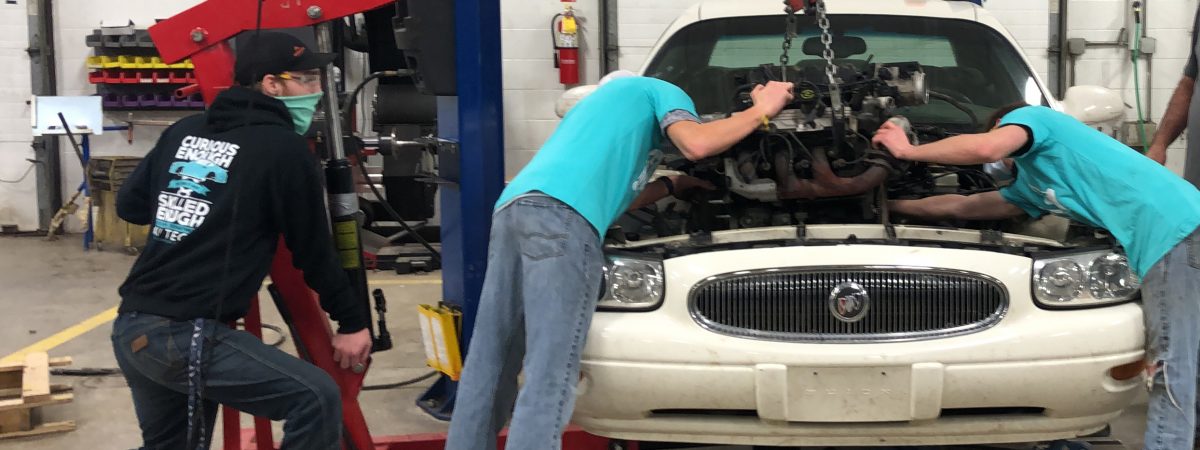The Need for Career Training
Change is constant, and students graduating from high school today will transition into career environments much differently than twenty or thirty years ago and will adapt to continuing change throughout their lifetimes. The average student will experience many job changes, several company changes, and maybe even a few career changes. What will remain constant for these students and for all students in the future is the need to be prepared for these changes. This requires academic and technical skills but also critical thinking, collaboration, problem solving, innovation, leadership, communication, and teamwork skills. Whitewater Career Center (WCC) combines the academic and technical skills across 14 programs with the competencies required in today’s workplace. At WCC, students are able to try on a career in an engaging learning environment, while still in high school, and are prepared for career opportunities upon completion. They attend classes with students from five other high schools and collaborate on hands-on projects that are related to the work they will do on the job. Students apply what they learn and see the connection to career opportunities and their own goals.
Career and technical education has evolved from standard vocational schools focusing on basic employment after graduation to career centers that are relied upon to help energize local economies and meet workforce demands. With students prepared for higher-skilled jobs, WCC is a force for economic development in the local region. The strength of the local workforce and the availability of future employees is often one of the most important determining factors in a company’s decision to locate or expand in a community. WCC must constantly work to meet changing demands and be a partner for regional economic development. For students, this means they earn dual college credits and industry certifications, but they also participate in work-based learning experiences with local employers. Each career program at WCC is directed by an industry advisory committee that oversees the curriculum and student experiences in the program. The advisory committees work to ensure the skills learned in the programs are ones that are needed in the workplace. Advisory committee members are also classroom speakers, project sponsors, competition judges, certification facilitators, mock interviewers, and donors. WCC continually re-evaluates current programs not only to offer the best student experiences possible but also to offer the right mix of programs that meet both student and industry needs.
Most WCC students do go on to postsecondary education, but how they do it varies. Not all students go on to traditional 4-year college, but most will continue their education. With more than 94% achieving technical skills in their career areas, students can work part time and finance their college education. Students also enroll in apprenticeship programs where their employers pay their full tuition costs. Students who do attend 2-year and 4-year colleges and are able to apply the dual credits and certifications earned at WCC toward their degrees. With increasing college costs, these options make college more affordable and attainable.
Change is constant. WCC prepares students for the changes they will face throughout their careers.
